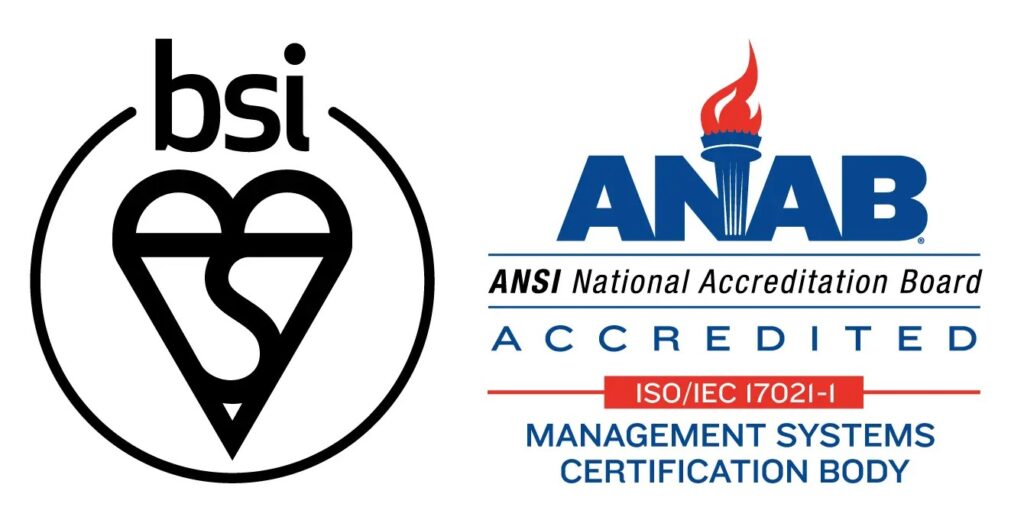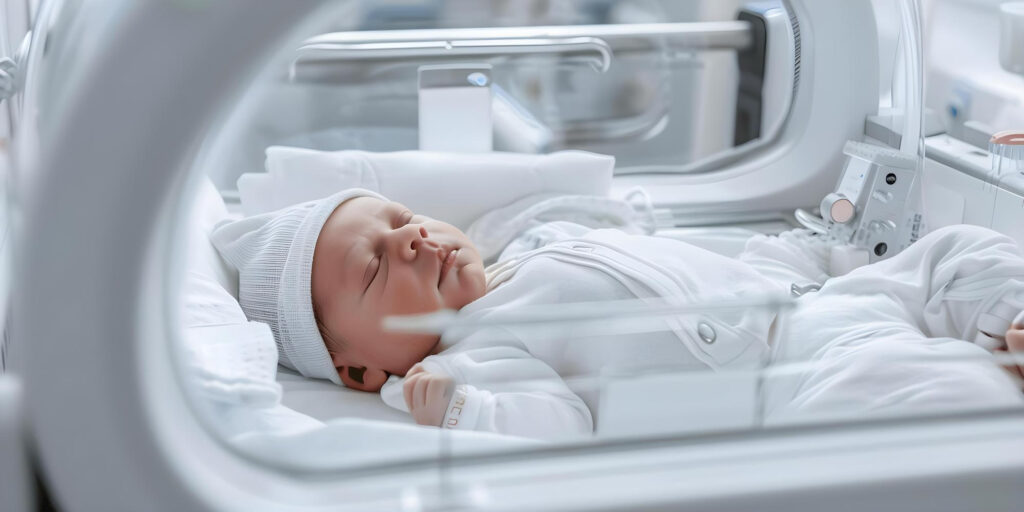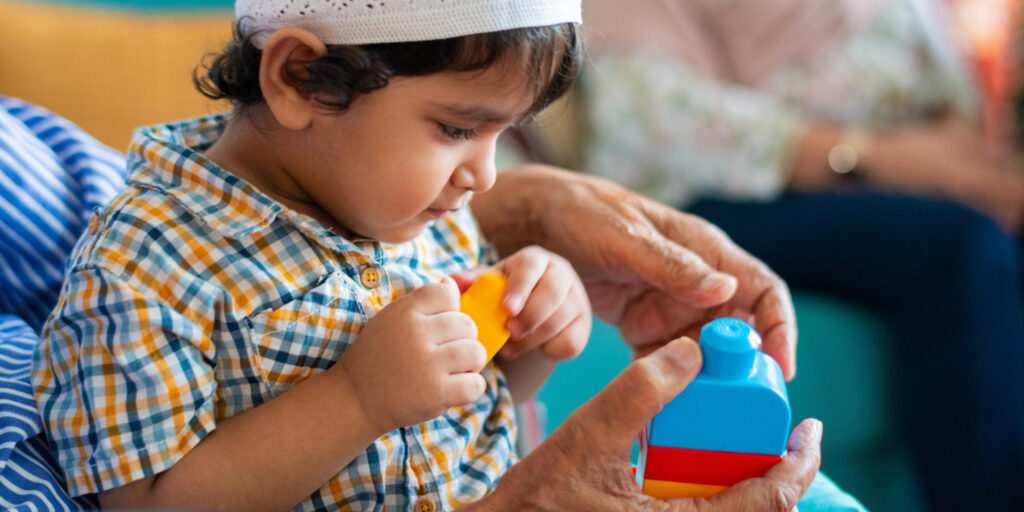Risks of Home Births: Why Hospital Deliveries Are Safer for Mothers and Babies
The recent tragic incident in Malappuram, Kerala, where a woman named Asma died during a home birth , has brought to light the critical health and safety concerns associated with delivering babies outside medical facilities. This event underscores the importance of understanding the risks involved in home births and highlights the necessity of seeking professional medical care during childbirth.Deccan Herald
Understanding the Risks of Home Births
While the idea of giving birth in the comfort of one’s home may seem appealing to some, it’s essential to recognize the potential dangers:
Increased Perinatal Mortality: Studies have shown that planned home births carry a higher risk of perinatal death compared to hospital births. For instance, research indicates that home births are associated with a nearly fourfold increase in total neonatal mortality .ACOG+11UT Southwestern+11ScienceDirect+11
Emergency Complications: Approximately 23–37% of first-time mothers and 4–9% of those who have given birth before may require intrapartum transport to a hospital due to complications such as labor not progressing, fetal distress, or excessive bleeding .ACOG
Limited Access to Immediate Medical Intervention: In the event of unforeseen complications, the absence of immediate medical intervention can lead to adverse outcomes for both mother and child.Verywell Family+7ACOG+7Verywell Health+7
The Importance of Hospital Deliveries
Hospitals are equipped with the necessary facilities and trained professionals to handle various childbirth scenarios:
Access to Specialized Care: Medical facilities have obstetricians, anesthetists, and pediatricians available to manage complications that may arise during delivery.
Advanced Medical Equipment: Hospitals are equipped with advanced medical technology to monitor the health of both mother and baby continuously.
Emergency Preparedness: In case of emergencies such as postpartum hemorrhage or neonatal distress, hospitals can provide immediate interventions, including surgical procedures and neonatal intensive care.
Recommendations for Expectant Mothers
Given the potential risks associated with home births, expectant mothers are advised to:
Consult Healthcare Professionals: Engage in regular prenatal check-ups with qualified healthcare providers to monitor the health of both mother and baby.
Develop a Birth Plan: While it’s essential to have a birth plan that aligns with personal preferences, ensure it includes contingencies for medical interventions if necessary.
Choose Accredited Facilities: Opt for deliveries in accredited hospitals or birthing centers that are equipped to handle emergencies.
Stay Informed: Educate oneself about the stages of labor, potential complications, and the importance of medical interventions when required.
The loss of Asma in Malappuram serves as a poignant reminder of the unpredictability of childbirth and the critical need for professional medical assistance during delivery. While the comfort of home may be appealing, the safety and well-being of both mother and child should take precedence. Ensuring access to skilled healthcare professionals and facilities equipped to manage childbirth complications is paramount in safeguarding maternal and neonatal health.








